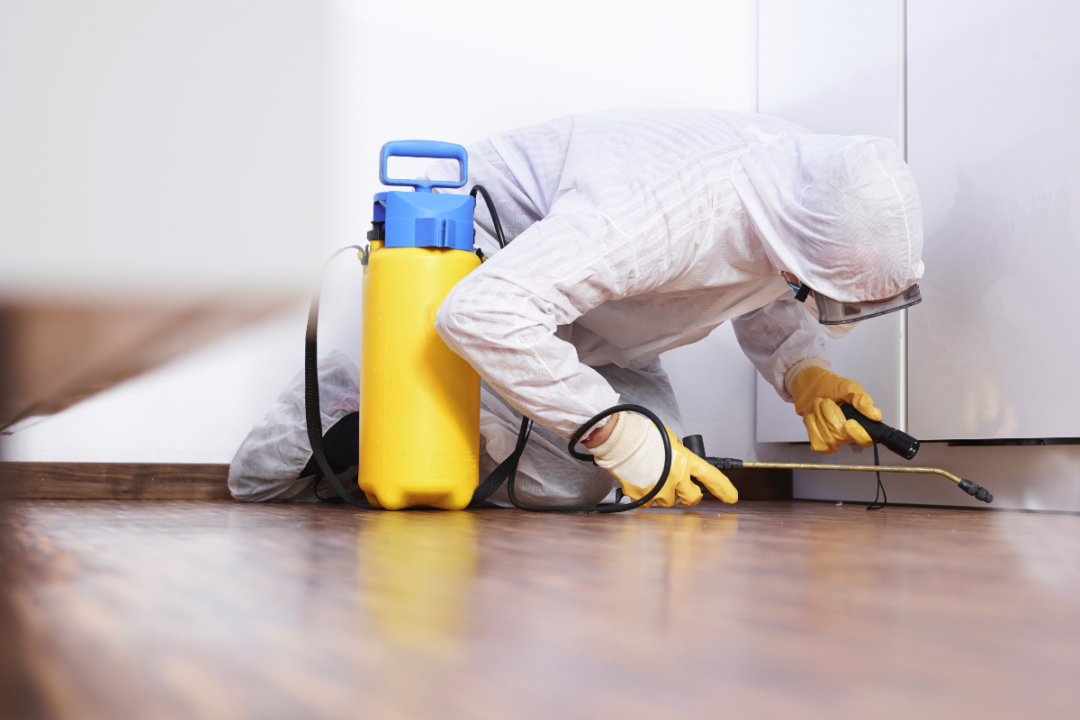Pesticide control reduces the risk of exposure of plants to diseases caused by insects and parasites and protects against allergic reactions. Pest control also helps farmers produce higher yields and thus increases their profits. This gives them more money and allows them to sell their products at lower prices. This article brings you the benefits of controlling pests.
Fewer Pest-related Diseases
Pests carry different types of diseases. They transmit diseases through faeces or saliva.
In developed countries, it is uncommon to contract pest-related diseases because most people have access to essential sanitation services like washing their hands regularly and having a clean environment for themselves and their pets. However, pest-related diseases are more common in developing countries where many people lack these luxuries.
More Efficient Farming
In the past, when farmers had to deal with pests, they would spend lots of time and money on controlling pests. The result was that they lost focus on other important things like growing their crops. Now, with pest solutions, farmers can spend less time and money on pesticides and more time growing their crops. This means that there are fewer pests in the fields, which helps people get more yield from it! It also means that people can use fewer chemicals in the fields because the fests are killed in their initial development stages (which is good for the environment). This makes farming more efficient than ever before!
Better Sanitation
Pest control reduces the risk of disease propagation. Pests can be vectors for many diseases, including typhus and other flea-borne illnesses. By eliminating pests through controlling pests, risks can be massively reduced.
Controlling pests reduces the risk of pests contaminating food. This is particularly important in areas where food is stored or prepared, but it also applies to restaurants and other places where people purchase their meals on-site. If there are rodents or insects in one’s home, they may contaminate any food you have stored there as well—and again; this can lead to illness if one is not careful about keeping things clean afterwards!
Controlling pests reduces the risk of contaminating water sources like wells or ponds near your property, too, because those are familiar places where bacteria could thrive.
Controlling Pests Helps Us Live And Eat Healthier.
It can help keep the environment clean and safe. Pests can carry disease-causing bacteria, viruses and protozoa that make humans sick if they come into contact with them. This is especially true for homes with children or people who are immune-compromised. Pests also carry fleas and ticks, which can also spread diseases like Lyme disease to humans.
In addition to keeping your family healthy, controlling pests also decreases food production costs by reducing the crop loss caused by pests attacking crops during growth periods (e.g., when plants are most vulnerable).
As you can see, controlling pests is more than just a way to keep your homes clean and free of unwanted guests. It is also an important part of farming and sanitation around the world. In fact, with so many benefits to be gained from employing these techniques, it is surprising that so few people take advantage of them! Hopefully, this article has helped to convince you (and all your friends) that controlling pests is not just for farmers anymore; everyone should be doing their part to keep pests out of their lives!

